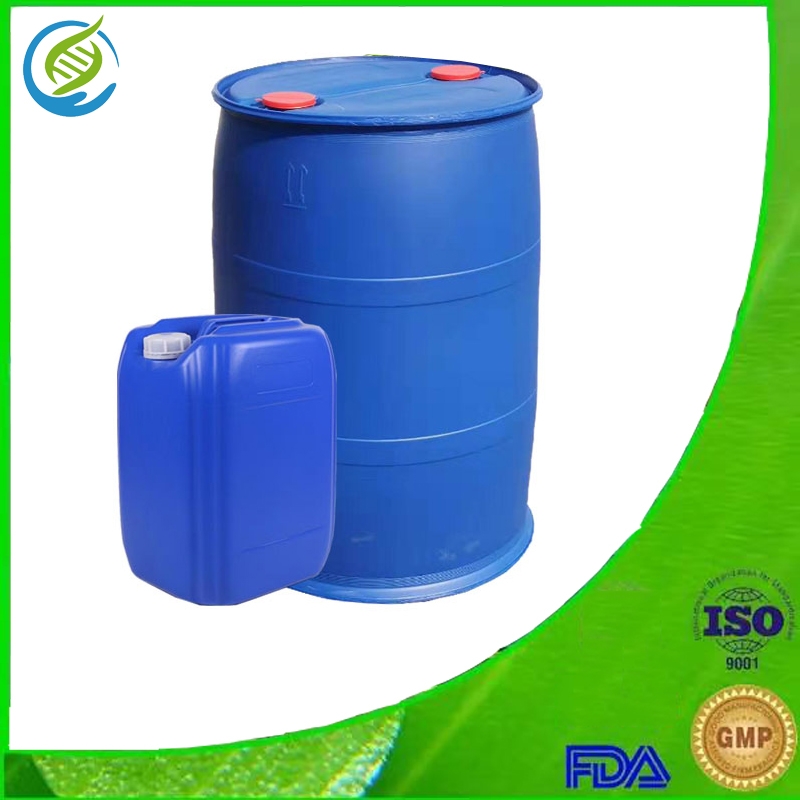-
Categories
-
Pharmaceutical Intermediates
-
Active Pharmaceutical Ingredients
-
Food Additives
- Industrial Coatings
- Agrochemicals
- Dyes and Pigments
- Surfactant
- Flavors and Fragrances
- Chemical Reagents
- Catalyst and Auxiliary
- Natural Products
- Inorganic Chemistry
-
Organic Chemistry
-
Biochemical Engineering
- Analytical Chemistry
-
Cosmetic Ingredient
- Water Treatment Chemical
-
Pharmaceutical Intermediates
Promotion
ECHEMI Mall
Wholesale
Weekly Price
Exhibition
News
-
Trade Service
Strawberry is one of the most popular fruits, but its degree of contamination seems to be little known
.
US media reported on April 12 that according to the latest report released by a US environmental protection organization, strawberries are the agricultural product with the most serious pesticide residues
.
The Environmental Working Group (EWG), a non-profit environmental organization in the United States, stated that federal officials have detected pesticide residues in approximately 98% of "traditional" strawberry samples
.
To make matters worse, 40% of strawberries are very contaminated
.
Sonia Lendl, senior analyst at EWG, said: "What is more shocking is that such residues do not violate the laws and regulations of the United States on pesticide residues in food
.
" According to EWG research, some of the detected in strawberries Chemicals are related to cancer, reproductive and developmental damage, hormonal disorders, and neurological problems
.
Strawberry was originally a seasonal crop, but with the large-scale use of pesticides, its output has increased significantly and it is no longer limited to its growing season
.
California is the largest strawberry producer in the United States
.
According to the EWG report, California uses 300 pounds (approximately 136 kg) of pesticides per acre (approximately 0.
4 hectares) of land, of which more than 60 pounds (approximately 27 kg) are traditional chemicals, which may remain in the post-harvest Crops
.
Since 2004, EWG has published a list of the “Twelve Contaminated Fruits and Vegetables” every year.
Last year, strawberries ranked fourth
.
In the past five years, Apple has topped the list
.
In the 2016 list, strawberries, apples, nectarines, peaches, celery, grapes, cherries, spinach, tomatoes, sweet peppers, cherry tomatoes and cucumbers are on the list
.
Lendl said: "Fruits and vegetables are very important to your health
.
If you don't want to eat pesticides in your food, then for the fruits and vegetables on the list, we recommend that you buy organic ones
.
"
.
US media reported on April 12 that according to the latest report released by a US environmental protection organization, strawberries are the agricultural product with the most serious pesticide residues
.
The Environmental Working Group (EWG), a non-profit environmental organization in the United States, stated that federal officials have detected pesticide residues in approximately 98% of "traditional" strawberry samples
.
To make matters worse, 40% of strawberries are very contaminated
.
Sonia Lendl, senior analyst at EWG, said: "What is more shocking is that such residues do not violate the laws and regulations of the United States on pesticide residues in food
.
" According to EWG research, some of the detected in strawberries Chemicals are related to cancer, reproductive and developmental damage, hormonal disorders, and neurological problems
.
Strawberry was originally a seasonal crop, but with the large-scale use of pesticides, its output has increased significantly and it is no longer limited to its growing season
.
California is the largest strawberry producer in the United States
.
According to the EWG report, California uses 300 pounds (approximately 136 kg) of pesticides per acre (approximately 0.
4 hectares) of land, of which more than 60 pounds (approximately 27 kg) are traditional chemicals, which may remain in the post-harvest Crops
.
Since 2004, EWG has published a list of the “Twelve Contaminated Fruits and Vegetables” every year.
Last year, strawberries ranked fourth
.
In the past five years, Apple has topped the list
.
In the 2016 list, strawberries, apples, nectarines, peaches, celery, grapes, cherries, spinach, tomatoes, sweet peppers, cherry tomatoes and cucumbers are on the list
.
Lendl said: "Fruits and vegetables are very important to your health
.
If you don't want to eat pesticides in your food, then for the fruits and vegetables on the list, we recommend that you buy organic ones
.
"







